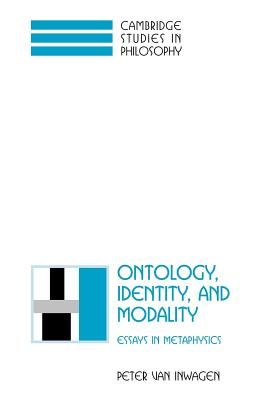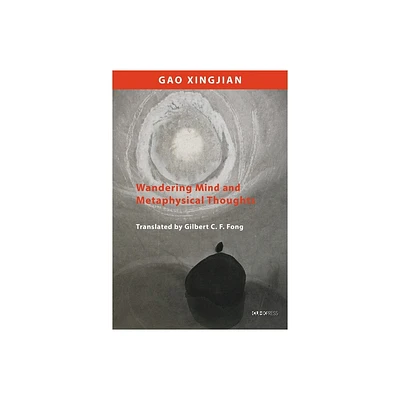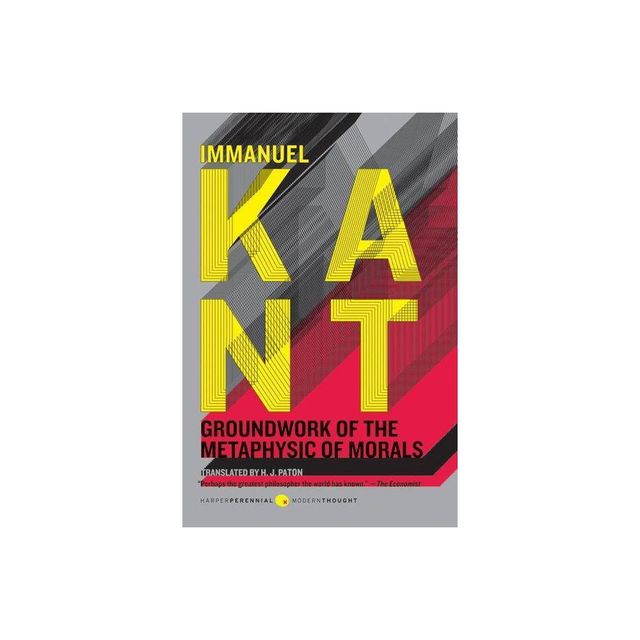Home
Thinking of Necessity: A Kantian Account Modal Thought and Metaphysics
Loading Inventory...
Barnes and Noble
Thinking of Necessity: A Kantian Account Modal Thought and Metaphysics
Current price: $95.00


Barnes and Noble
Thinking of Necessity: A Kantian Account Modal Thought and Metaphysics
Current price: $95.00
Loading Inventory...
Size: Hardcover
*Product Information may vary - to confirm product availability, pricing, and additional information please contact Barnes and Noble
Thinking of Necessity: A Kantian Account of Modal Thought and Modal Metaphysics
sets out a Kant-inspired theory of modality, i.e., possibility and necessity. The theory is driven by a methodology which takes seriously questions about the function of modal judgment, i.e., the role or purpose of judgments of possibility and necessity, as a guide to a metaphysics of modality. Kant is a good example for how to develop this methodological approach since, for Kant, modal concepts play an important role in our capacity for thought and experience of the world. The book argues that we need logical modal concepts as a condition on our ability to think, and metaphysical modal concepts as a condition on our ability to think objectively, i.e., to think about the world. Concordant with this, it argues that logical necessity has its source in the laws of thought and that metaphysical necessity is relative to conditions on objective thought. This account of metaphysical necessity, which is termed “Modal Transcendentalism”, is then further developed, covering questions concerning necessary and contingent existence, de re necessity, essentialism, and modal epistemology. The theory of modality developed in the book is inspired by aspects of Kant's writings on modality, but the development and defence of the theory is undertaken mostly independently of Kant.
sets out a Kant-inspired theory of modality, i.e., possibility and necessity. The theory is driven by a methodology which takes seriously questions about the function of modal judgment, i.e., the role or purpose of judgments of possibility and necessity, as a guide to a metaphysics of modality. Kant is a good example for how to develop this methodological approach since, for Kant, modal concepts play an important role in our capacity for thought and experience of the world. The book argues that we need logical modal concepts as a condition on our ability to think, and metaphysical modal concepts as a condition on our ability to think objectively, i.e., to think about the world. Concordant with this, it argues that logical necessity has its source in the laws of thought and that metaphysical necessity is relative to conditions on objective thought. This account of metaphysical necessity, which is termed “Modal Transcendentalism”, is then further developed, covering questions concerning necessary and contingent existence, de re necessity, essentialism, and modal epistemology. The theory of modality developed in the book is inspired by aspects of Kant's writings on modality, but the development and defence of the theory is undertaken mostly independently of Kant.


















